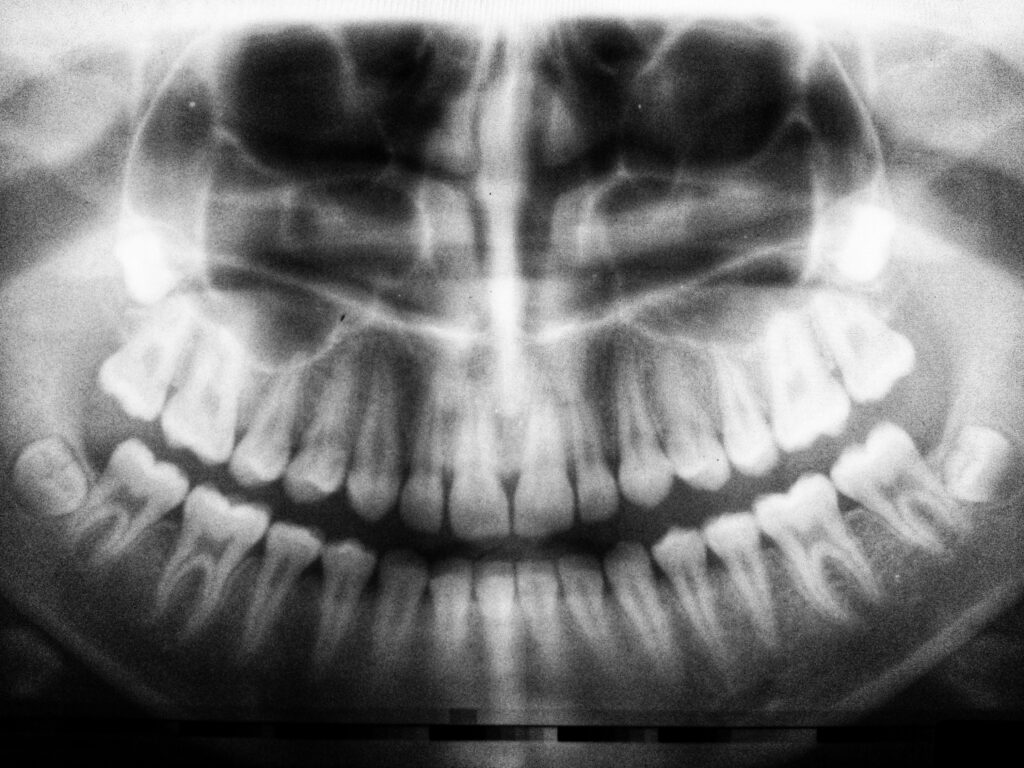Dental Landscape in Spain
The field of dentistry in Spain is characterized by modern facilities, advanced technology, and a robust healthcare system. Dentists in Spain undergo rigorous training and education to provide high-quality dental care to patients. The dental landscape includes a wide range of services, from routine check-ups and preventive care to specialized treatments such as orthodontics and oral surgery. Dental clinics across Spain, especially in urban centers like Madrid and Barcelona, offer state-of-the-art equipment and skilled professionals, ensuring comprehensive dental services are readily accessible.
Spain dentistry emphasizes patient-centered care, with dentists focusing on both the aesthetic and functional aspects of dental health. Many dental practices integrate digital dentistry technologies for precise diagnostics and treatment planning, enhancing efficiency and accuracy in procedures. The profession maintains high standards of ethics and professionalism, regulated by national guidelines to ensure patient safety and satisfaction. Overall, the dental landscape in Spain continues to evolve with advancements in technology and research, contributing to improved oral health outcomes nationwide.
In addition to private practices, Spain’s public healthcare system also includes dental services, providing affordable options for residents. This dual approach supports comprehensive oral health care coverage across different socioeconomic groups, reinforcing Spain’s commitment to promoting dental health and well-being.
Is Spain good for dentistry?
Spain is considered a favorable destination for pursuing a career in dentistry due to its well-established educational institutions and modern healthcare infrastructure. Spanish universities offering dentistry programs are recognized for their high academic standards and comprehensive curriculum. Students benefit from hands-on clinical training and access to cutting-edge research facilities, preparing them to meet the demands of the profession effectively. Moreover, Spain’s vibrant cultural scene and favorable climate attract international students seeking a conducive environment for both study and leisure.
The dental profession in Spain is regulated by stringent standards set by national authorities, ensuring that dentists adhere to ethical practices and maintain proficiency in the latest advancements. The country’s healthcare system supports continuous professional development and encourages collaboration among dental professionals, fostering a dynamic environment for career growth and specialization. With opportunities to work in private practices, public hospitals, or academia, Spain offers diverse career paths for dentists seeking to make a positive impact on oral health.
Can I study dentistry in Spain in English?
Yes, several universities in Spain offer dentistry programs taught entirely in English, catering to international students seeking to study dentistry in a non-Spanish language. These programs are designed to meet the educational needs of a global student body, providing instruction in English while ensuring students acquire proficiency in Spanish to communicate effectively with patients and colleagues. Universities offering dentistry in English in Spain adhere to the same rigorous academic standards as their Spanish-language counterparts, providing comprehensive training in dental sciences and clinical practice.
Studying dentistry in English in Spain allows students to immerse themselves in a multicultural learning environment while gaining practical experience through clinical rotations and internships. The curriculum typically includes theoretical courses, laboratory work, and supervised patient care, preparing graduates to pursue licensure and practice dentistry in Spain or internationally. Prospective students interested in English-taught dentistry programs in Spain should research universities offering these programs and review admission requirements, including language proficiency tests.
Are dentists in demand in Spain?
Dentists are in demand in Spain, particularly in urban areas where population density and healthcare infrastructure drive the need for dental services. The demand for dental professionals is influenced by factors such as population demographics, oral health awareness, and access to dental care. While competition may vary by region, qualified dentists with specialized skills, such as orthodontics or implantology, often find ample opportunities for employment in private practices, dental clinics, and hospital settings.
Spain’s aging population and increasing focus on preventive dental care contribute to sustained demand for dental services. Public healthcare initiatives and insurance coverage further support accessibility to dental treatments, expanding the patient base for dental professionals. Dentists in Spain may also pursue academic or research careers, contributing to the advancement of dental sciences and education. Overall, the demand for dentists in Spain reflects ongoing efforts to improve oral health outcomes and meet the evolving healthcare needs of the population.
How many years does it take to become a dentist in Spain?
Becoming a dentist in Spain typically requires completing a degree program in dentistry, which spans five to six years of full-time study at a university. The curriculum includes foundational courses in biomedical sciences, dental anatomy, and pathology, followed by specialized training in clinical practice and patient care. Students acquire hands-on experience through supervised clinical rotations and internships, applying theoretical knowledge to real-life dental scenarios.
Upon completing the dentistry degree program, graduates must pass a national examination to obtain licensure and practice as dentists in Spain. The examination evaluates competency in clinical skills, ethical standards, and professional conduct, ensuring that dentists meet the requirements set by national regulatory authorities. Continuing education and professional development are essential for maintaining licensure and staying abreast of advancements in dental technologies and treatment modalities. Overall, the journey to becoming a dentist in Spain combines rigorous academic study with practical training to prepare graduates for a rewarding career in oral healthcare.





